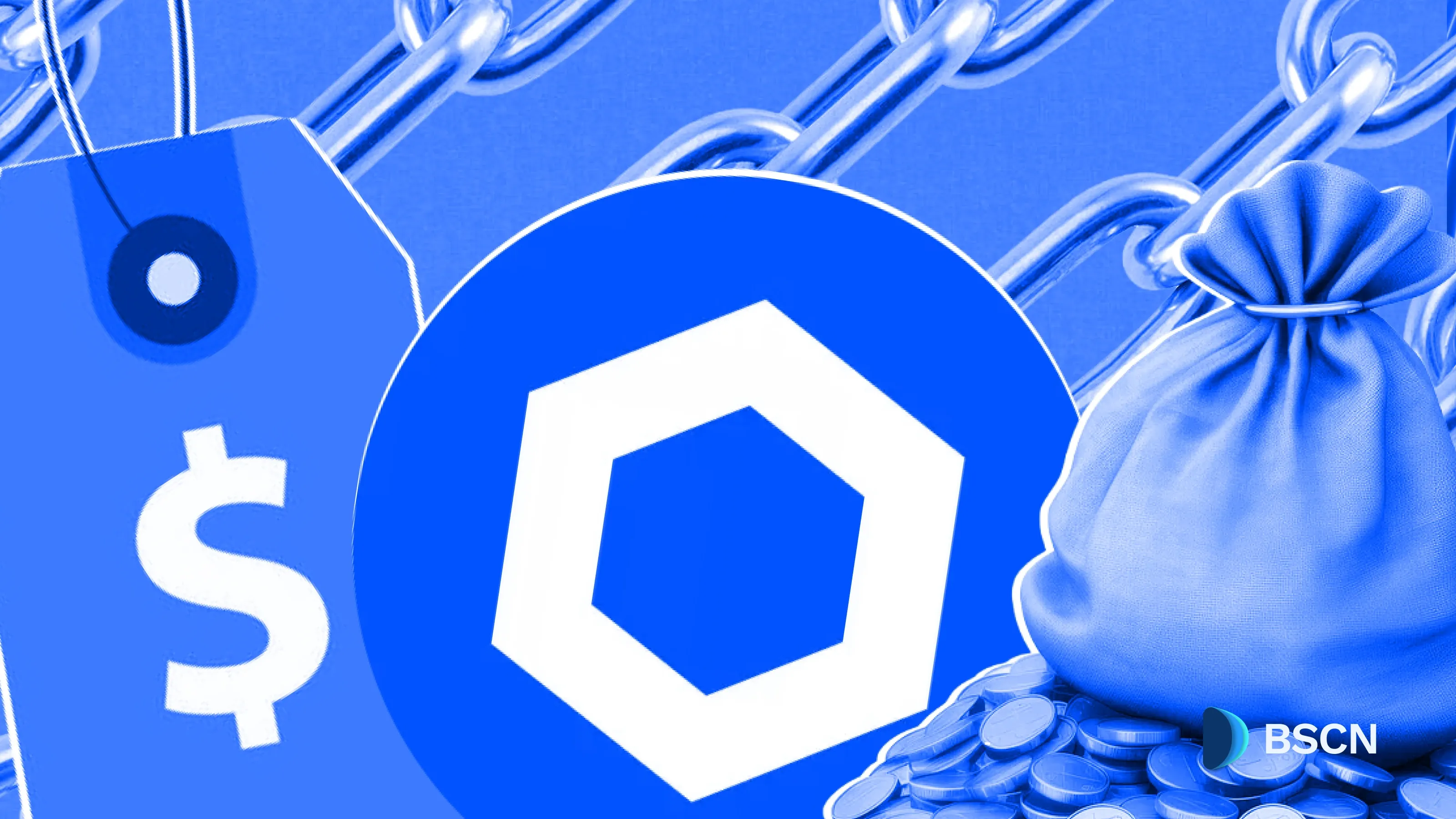WEB3
South Korea Plans Regulatory Crackdown on Crypto Mixers Amidst Rising Money Laundering Concerns

Crypto mixers, notorious for their involvement in money laundering, have garnered the attention of regulatory bodies globally.
Soumen Datta
January 15, 2024
South Korea is considering implementing regulations targeting virtual asset mixers, commonly known as crypto blenders, to address growing concerns about illicit financial activities. These platforms, notorious for their involvement in money laundering schemes, have caught the attention of South Korea's Financial Intelligence Unit (FIU), prompting discussions on the need for regulatory measures.
Concerns Spark Local Action
The development comes amid growing concerns about virtual asset mixers being misused by cybercriminals. Notably, these technologies have allegedly become a tool of choice for criminal organizations seeking to launder money, prompting regulatory bodies worldwide to reevaluate their stance on these privacy-focused platforms.
Local South Korean media reported on January 15 that the FIU emphasized the urgency of addressing the misuse of these platforms by criminals, especially since no specific sanctions are in place against mixers in Korea.
Sources indicate that South Korea's financial regulator, the FIU, is currently in the early stages of discussing the need for regulations surrounding the use of crypto-mixing services. While discussions are underway, the actual implementation of such regulations is expected to take time.
One FIU official disclosed that discussions surrounding mixer regulations gained momentum in Korea following the United States' imposition of sanctions against crypto mixers. The official clarified that these discussions are still in their nascent phase and involve the active participation of U.S. counterparts in the ongoing dialogue.
Expressing deep concern about the threat posed by virtual asset mixers to the financial system, the official stated that regulators "sympathize with the problem" and acknowledge the high risks associated with money laundering through these platforms.
Evolution of Mixers: Privacy Tools Turned Money Laundering Instruments
Originally designed to protect user privacy, virtual asset mixers have transformed, turning into tools exploited by hackers and criminal organizations for money laundering. The shift in functionality has prompted regulators globally to reassess their approach to these platforms and consider more robust regulatory frameworks.
Earlier, The U.S. has taken proactive measures in this regard, with the Treasury Department's Financial Crimes Enforcement Unit (FinCEN) announcing anti-money laundering (AML) regulations governing mixers as money laundering services last October.
Subsequently, in December, the U.S. Department of the Treasury added the Sinbad platform to its sanctions list, accusing it of conducting money laundering operations related to hacker group Lazarus.
Further, the U.S. government has not only imposed sanctions but has also indicted and detained the founders of Tornado Cash on charges of laundering more than $1 billion and violating sanctions.
Disclaimer
Disclaimer: The views expressed in this article do not necessarily represent the views of BSCN. The information provided in this article is for educational and entertainment purposes only and should not be construed as investment advice, or advice of any kind. BSCN assumes no responsibility for any investment decisions made based on the information provided in this article. If you believe that the article should be amended, please reach out to the BSCN team by emailing [email protected].
Author
 Soumen Datta
Soumen DattaSoumen has been a crypto researcher since 2020 and holds a master’s in Physics. His writing and research has been published by publications such as CryptoSlate and DailyCoin, as well as BSCN. His areas of focus include Bitcoin, DeFi, and high-potential altcoins like Ethereum, Solana, XRP, and Chainlink. He combines analytical depth with journalistic clarity to deliver insights for both newcomers and seasoned crypto readers.
Latest News
Crypto Project & Token Reviews
Project & Token Reviews
Comprehensive reviews of crypto's most interesting projects and assets
Learn about the hottest projects & tokens
Latest Crypto News
Get up to date with the latest crypto news stories and events








